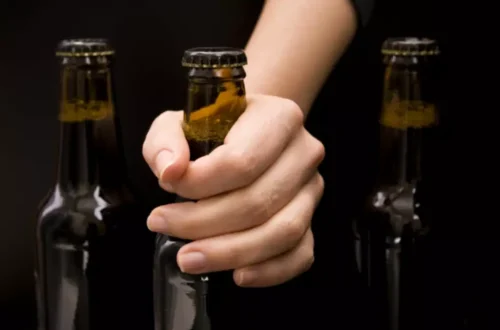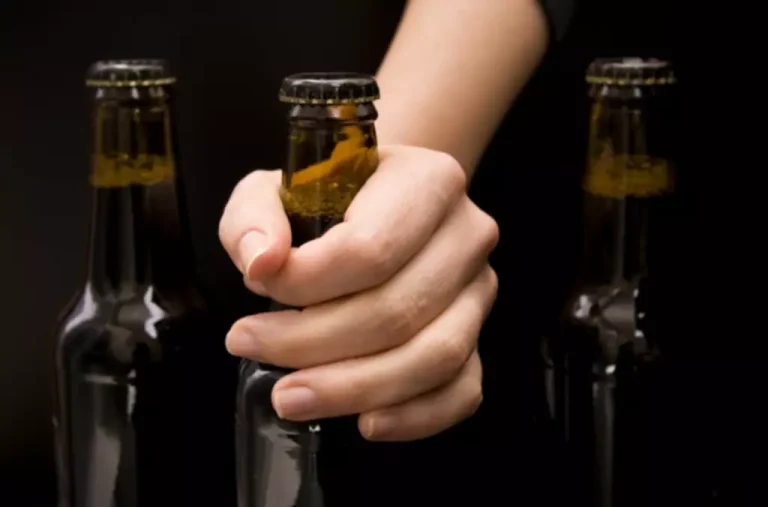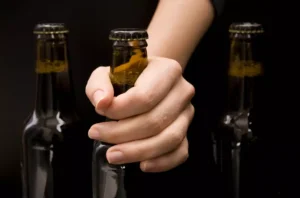
Unlike group therapy, support groups are not led by a professional counselor or addiction therapist. A peer support specialist or other group members usually lead these groups. Support groups consist of members that help each other maintain abstinence and guide each other through life’s stressors. Self help groups can be helpful during later stages of recovery and provide emotional support. During skills development groups, group members have the chance to practice their coping skills and receive feedback.
Practice Forms and Assessments
- By using drawing, painting, or collage-making, members can explore feelings they may find hard to verbalize, allowing for a therapeutic release and greater self-awareness.
- This can include learning to cope with uncomfortable emotions and situations.
- With 4 years of relevant experience, she is passionate about conveying accurate and up-to-date information through her writing.
- These groups provide a unique blend of empathy, accountability, and shared experiences that can be instrumental in maintaining sobriety.
- It’s an excellent addition to a group meditation session as it gently guides participants without distracting thoughts.
- During role-playing activities, you’ll practice responding to tricky situations, like facing a craving or dealing with a stressful conversation.
It brings people with everyday shared experiences together to share and learn from each other. Group therapy is a great way to create a community for your clients who might need it, giving them a safe place to move through their experiences. Keep reading if you are a provider looking for topics to cover during addiction group therapy sessions. During this time, group members hold discussions and ask questions about substance abuse treatment. The therapist might encourage them to share stories or personal experience about their recovery journeys. Addiction recovery groups have been a staple in the rehabilitation process for decades, offering a safe haven for those grappling with substance abuse disorders.
Best Exterior Paint Colors for Commercial Buildings
This topic covers the role of family, friends, and recovery groups in maintaining sobriety. This session discusses steps to rebuild trust with family, friends, and oneself through honesty, consistency, and patience, helping members repair important relationships. Boundaries are crucial for maintaining mental well-being and avoiding toxic influences. This session discusses the importance of setting personal boundaries and provides strategies for communicating them effectively with others. Identifying and celebrating personal strengths can boost self-esteem and resilience.
Final Thoughts on Selecting Group Therapy Activities for Your Clients with Substance Abuse
Boundaries can be a fuzzy thing to navigate amid recovery with yourself or with others. They help someone set healthy limits with themselves and others, help someone practice self-care, protect an individual emotionally and physically, and so much more. Therapists can discuss how to establish healthy boundaries during recovery. Many people with addictions struggle with negative feelings toward themselves. The journey of self-forgiveness is important during someone’s recovery.

Peer Support and Accountability in Group Therapy

The most favourable factor perceived by persons with SUD in group intervention is catharsis, followed by group cohesiveness and interpersonal learning. Mindfulness helps people connect with themselves, relax, reduce stress and better manage anxiety. It is https://ecosoberhouse.com/ an excellent resource for recovery, assisting individuals in finding peace during such a stressful time.
Discover Therapy Worksheets to Help Your Clients and Streamline Your Practice
Provide journal prompts to help members explore their thoughts and feelings, enhancing their self-awareness and offering a therapeutic space for introspection. In this session, members learn to treat themselves with kindness, focusing on forgiving their mistakes and building self-acceptance to maintain a supportive, constructive mindset. Yoga and movement therapy can reduce stress and improve physical and mental health. Members practice basic yoga poses and stretches to help connect mind and body, fostering relaxation and enhancing mood. Art therapy gives members an outlet to express emotions and experiences creatively. By using drawing, painting, or collage-making, members can explore feelings they may find hard to verbalize, allowing for a therapeutic release and greater self-awareness.
- Talk about how differently people perceive things based on who they are and the situation at hand.
- These activities help participants grow emotionally, express themselves openly, and connect with others in a safe, supportive environment.
- Rowing hard, they use it to guide them to shore, where they are given dry clothes, a hot meal, and a cozy place to sleep.
- Gratitude is the process of expressing how grateful one is to something or someone.
This activity involves helping members create a self-care plan that includes physical, emotional, and mental activities, such as exercise, relaxation, and setting personal boundaries. Triggers are specific situations, emotions, or people that can prompt substance use. This activity encourages members to identify their unique triggers and brainstorm effective strategies for managing or avoiding these situations.


Here are some group therapy ideas for addiction that you may come across in your exploration of it as a tool to help overcome what you’re going through. We like that our clients have the addiction group therapy ideas peace of mind of knowing Hawaii Island Recovery is up-to-date on the latest research-based interventions. Uplift Recovery Center provides you with recovery in a loving, professional environment.
During role-playing activities, you’ll practice responding to tricky situations, like facing a craving or dealing with a stressful conversation. Think of it as a rehearsal for life’s challenging moments, giving you the confidence to handle them with ease when they come up. Plus, it’s done in a supportive environment where everyone is learning together. Group discussions and sharing sessions allow participants to express their thoughts, feelings, and experiences in a supportive group setting. In addiction treatment centers, one such discussion prompt may be to identify what is a trigger for addiction.
Learning to prepare nutritious Substance abuse meals can be a form of therapy in itself, not to mention a valuable skill for maintaining overall health. These sessions often culminate in shared meals, fostering a sense of community and accomplishment. Adventure therapy and outdoor challenge activities push the boundaries of traditional recovery group activities. Imagine a group of recovering addicts conquering a high ropes course, learning to trust themselves and each other as they navigate obstacles high above the ground.